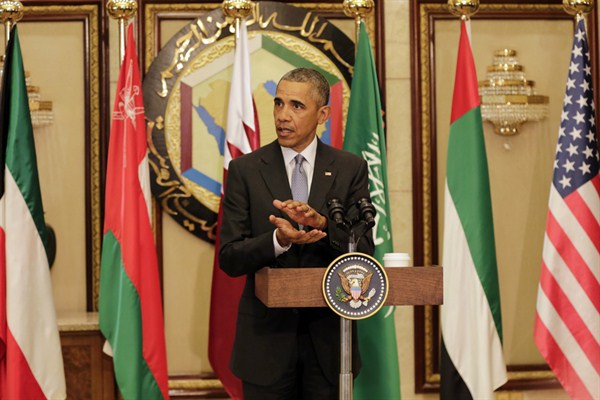Today the United States is more receptive to major change in its global strategy than it has been for decades. Things unthinkable or relegated to the political fringe only a few years ago are now on the table. This includes the reconfiguration of both partnerships and adversarial relationships.
As his administration winds down, President Barack Obama made modest openings toward some of America’s longstanding opponents like Cuba and Iran, and sealed rapprochements with one-time adversaries like Vietnam. Donald Trump, the presumptive GOP presidential nominee, has pushed in the opposite direction. Rather than forging new ties, he has called longstanding ones into question, suggesting that NATO might be “obsolete” and that America’s security partnerships with Japan and South Korea are not “fair.”
Both Obama’s penchant for ending old enmities and Trump’s openness to downgrading old partnerships are important. Big change in American statecraft is rare; inertia is the rule. In part that reflects the way Americans make strategy. Many people, institutions and organizations have some degree of influence. The more people involved in making any decision, the harder it is to change course once agreement is reached. Thus the complexity of the American system favors continuity.

